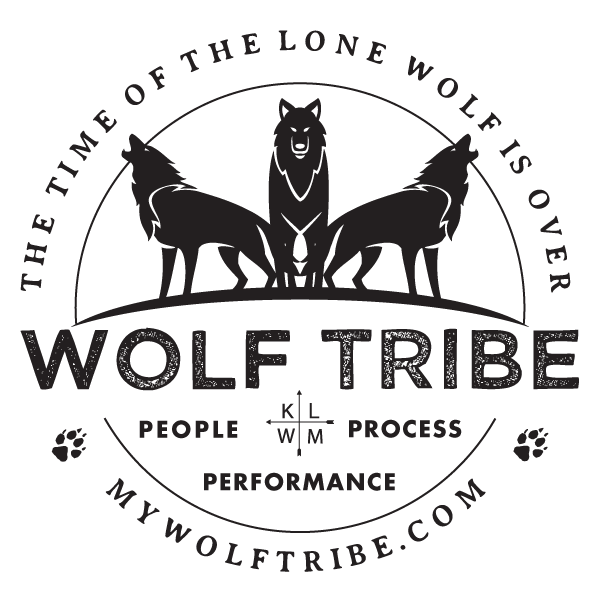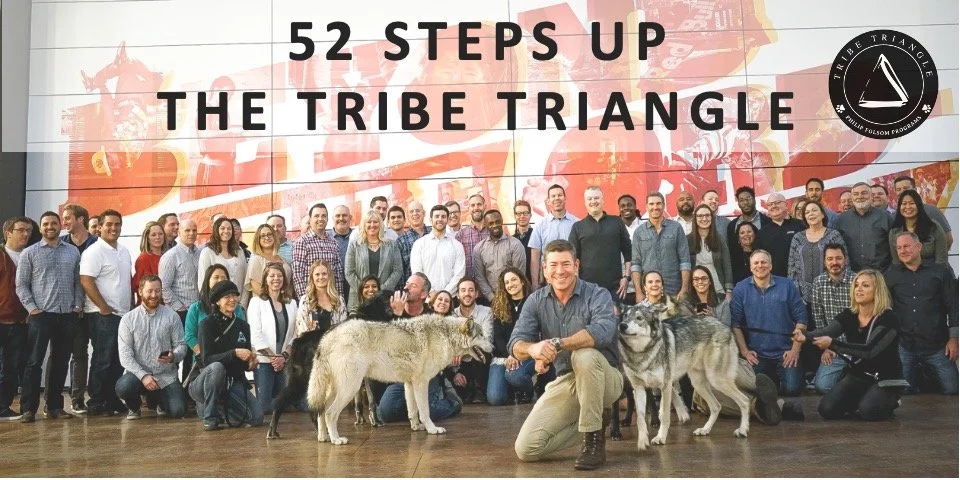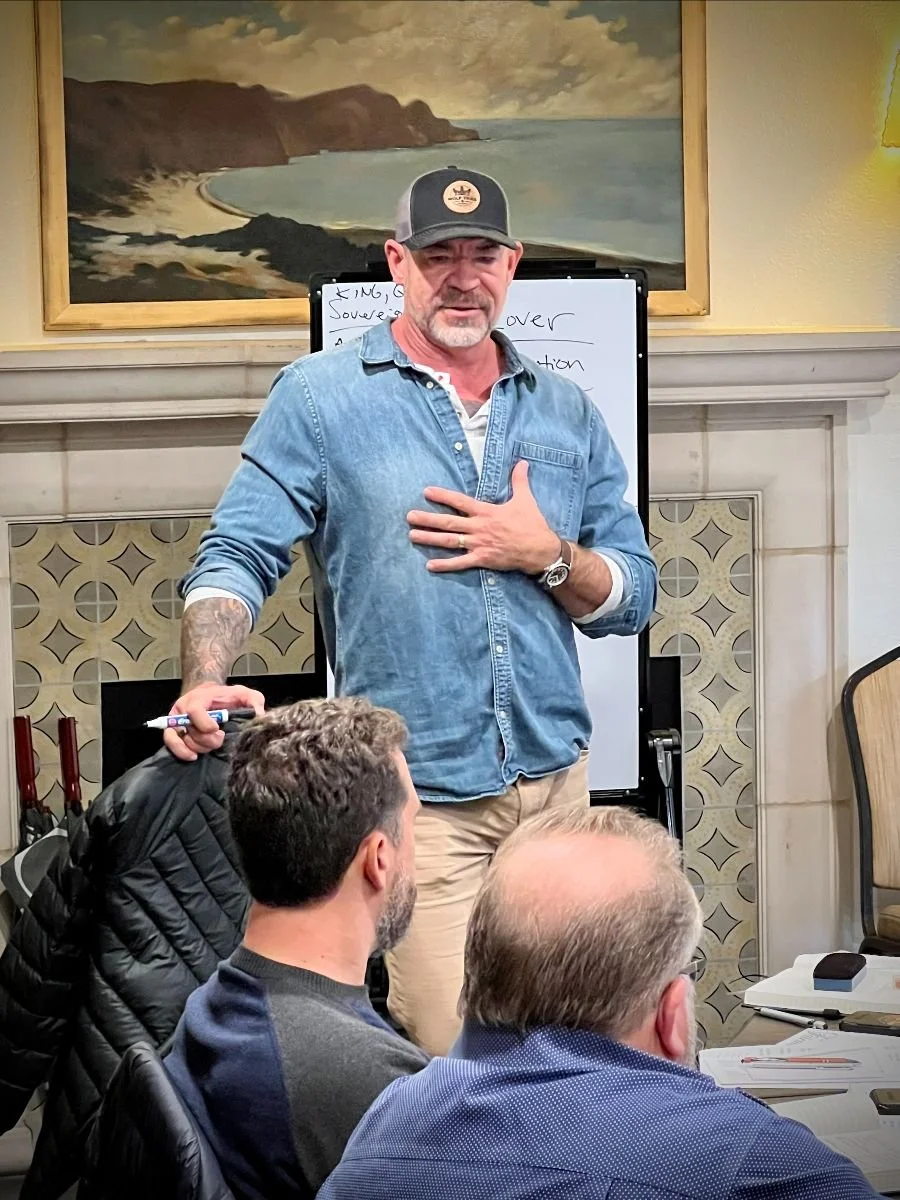Step 36: Emotional Intelligence and Regulation
IQ is a measure of intelligence. EQ is the measure of success.
The reason why ‘culture is king’ is that regardless of your strategy, technology or marketing, at some point everything comes down to people and culture is the big bucket that contains all human behavior. At the bottom of every one of these buckets of human behaviors is a deep and messy layer of emotions.
Humans are inherently emotional beings and if you and your team do not have an understanding and skill in this universal and unavoidable human trait, you will not be sustainably successful. No business plan and no google search will provide the answers to the inevitable arrival of strong emotions. You must learn to look inward to understand and manage fear, defeat and other stress-related emotions.
“When a man is prey to his emotions, he is not his own master.”
Spinoza
Emotions come first in every human experience. They happen microseconds before thoughts and thoughts are what dictate words, decisions and actions.
Emotions are the gauges on our human vehicle. They do not dictate our actions and are only symptoms of what is going on under the hood. This however, is indispensable information because if you do not know the status of your emotional state you will be underperforming, making poor choices and risk burnout and breakdown.
“The emotions of man are stirred more quickly than man’s intelligence.”
-Oscar Wilde
If we do not have control of our emotions, we are a slave to them. While it is true that we do not have control of the emotions that the experiences of defeat and conflict will generate, you can develop control of the thoughts that come next and the words, decisions and actions that follow.
If you haven’t developed the self-awareness and skills to manage your emotions you will struggle with empathy, defeat and everything else involved in all significant struggles of life. Without emotional intelligence and emotional regulation you will not get far and neither will your team. As Tribe leader, you are the lighthouse that your team looks to when things get stormy and conflict arises like it always does. Emotional regulation practice is the rock that your lighthouse is built on.
Anyone or anything that can manipulate your emotions becomes your master. Never make a permanent decision based on a temporary emotion.
“Between stimulus and response, there is a space. In that space lies our freedom and power to choose our response. In our response lies our growth and freedom.”
Viktor Frankl
Human emotions are messy, mysterious and unavoidable things and for most of the history of corporate culture they not been successfully addressed. Even the term ‘Human Resources’ reflects the idea that people are just company assets or supplies to be managed. This philosophy of considering people as simply resources has led to a great dissatisfaction in the corporate world and unfathomable loss of engagement, commitment and feelings of belonging. All of that degrades performance. People feel things and that cannot be ignored or disregarded.
You will notice that when we greet each other, it always involves some form of “how are you doing” or “how are you feeling”? This alone should give us an idea of how important feelings and emotions are. The fact that we never give or expect an authentic answer should also give us an idea of how poorly most pride-based cultures are in dealing with real emotions.
“To be successful we must learn to navigate the messy parts of life.”
-Joshua Wenner
Emotional intelligence is the language of kinship. Emotional regulation is the applied resiliency that is required for your team to navigate all forms of healthy conflict and persevere through adversity. These core human skills are the ability to manage both your own emotions as well as understand the emotions of the people in your family and work team.
Like everything else in leadership, emotional intelligence and regulation begins with self-awareness. If you are not conscious of your own emotional state you will not only make poor, emotionally-driven decisions which will degrade your relationships and projects but you will also model a lack of stability. This is crippling for your leadership and your team.
You must develop emotional intelligence and regulation in order to face failures and learn from them. This is central to every aspect of success in healthy conflict.
Responsibility is the ability to respond instead of react. The ability to respond is only available if we are emotionally regulated.
Strong negative emotions such as anger, sadness, anxiety and hopelessness force us into playing defense instead of offense. We become risk adverse and our choices narrow to the safe choices that limit risk but also potential.
Fear, or some form of that emotion, will be your constant companion during the Healthy Conflict phase of the Tribe Triangle. All challenges create more negative and prolonged emotions. Be prepared for fear: fear of success, fear of failure, fear of inadequacy and fear of abandonment. Those fears and doubts are contagious and have ended more projects and dreams than defeat could ever dream of. Experiencing fear is not a choice but responding to fear with courage, is.
“Emotional regulation flows naturally from being
in the presence of someone we trust”
― Bonnie Badenoch
Emotions are real and powerful things but they do not actually exist anywhere except in our mind and nervous system. Use them for what they are; gauges that let us know what our human experience is but do not let them be the force that drives the decisions and actions that could be.
If we are able to gain some experience with normalizing the healthy acknowledgment and expression of emotions we will be healthier and higher performing humans. This invaluable knowledge of emotional awareness and regulation will elevate all aspects of kinship including your resiliency, morale and feelings of belonging. An increase in kinship will cascade into increased levels of performance in every component of the Healthy Conflict phase of your team’s journey up the Tribe Triangle.
“Everything can be taken from a man but one thing: the last of the human freedoms-to choose one’s attitude in any given set of circumstances, to choose one’s own way.”
Viktor Frankl
Remember, people don’t leave jobs, they leave bad bosses. Bad bosses don’t choose to be bad; they are just emotionally unregulated people.
“We are dangerous when we are not conscious of
our responsibility for how we behave, think and feel.”
-Marshall Rosenberg
Click here To watch the video of Step 36: Emotional Regulation
Leaders Must Write and Speak
Answer these questions in your journal by really writing them down. Discuss them with at least one of your most important people and really listen to their response.
How often do you authentically share what you are feeling or hear what your family or team members are feeling? This can be scary and triggering but you and your team will get better at it!
When and where is the ideal time for this sharing of emotions with your people and projects?
Ubuntu,
Philip Folsom








